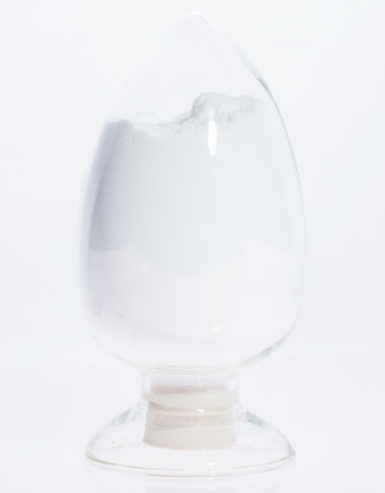
News
Шіл . 23, 2024 14:33 Back to list
Study on the Effectiveness of Polyaspartic Acid as a Corrosion Inhibitor in Various Environments
Polyaspartic Acid as a Corrosion Inhibitor A Comprehensive Overview
Corrosion is a pervasive problem that affects a wide range of materials, particularly metals, leading to significant economic losses and safety concerns. To combat this issue, various corrosion inhibitors have been developed, among which polyaspartic acid has emerged as a promising candidate. This article explores the properties, mechanisms, and applications of polyaspartic acid as a corrosion inhibitor.
What is Polyaspartic Acid?
Polyaspartic acid is a biopolymer derived from aspartic acid, an amino acid that is naturally abundant in the environment. This compound is part of a larger class of polycarboxylic acids, known for their amphiphilic properties, which means they possess both hydrophobic and hydrophilic characteristics. This unique property allows polyaspartic acid to effectively interact with metal surfaces and form protective layers.
Mechanism of Action
The corrosion inhibition mechanism of polyaspartic acid can be attributed to several factors. When applied to a metal surface, the polymer chains of polyaspartic acid adsorb physically and/or chemically on the surface. This adsorption process leads to the formation of a protective film that acts as a barrier, preventing corrosive agents such as water, oxygen, and salts from accessing the metal substrate.
In addition to physical barrier formation, polyaspartic acid can also chelate with metal ions, thereby stabilizing the metal’s surface and reducing its reactivity. This chelation process enhances the formation of a protective layer, ultimately leading to reduced corrosion rates. Furthermore, the ionic nature of polyaspartic acid allows it to interact with other additives in coatings, enhancing the overall performance of corrosion protection systems.
Advantages of Polyaspartic Acid
polyaspartic acid corrosion inhibitor

One of the most significant advantages of polyaspartic acid as a corrosion inhibitor is its environmental friendliness. Being a biopolymer, it is biodegradable and non-toxic, making it a safer alternative to traditional inhibitors, such as phosphates or chromates, which can pose environmental risks. This eco-friendly aspect aligns with global trends towards sustainability and green chemistry.
Another advantage is its applicability across various environments and substrates. Polyaspartic acid exhibits excellent adhesion properties and can be used on both ferrous and non-ferrous metals. This versatility allows it to be employed in various industries, including automotive, aerospace, construction, and maritime.
Applications
Polyaspartic acid is increasingly used in protective coatings and paints due to its effective corrosion inhibition properties. In the automotive industry, for example, it can enhance the durability of underbody coatings and paint systems, protecting vehicles from rusting and wear due to exposure to moisture and salts.
In the construction sector, polyaspartic acid coatings are utilized for concrete protection, which is crucial for structures exposed to de-icing salts and weathering. The rapid cure times of polyaspartic coatings also make them suitable for environments requiring quick turnaround times, such as industrial flooring and protective coatings on pipelines.
Conclusion
Polyaspartic acid stands out as an effective and environmentally friendly corrosion inhibitor, addressing the critical challenges posed by metal degradation. Its unique properties and versatile applications make it a valuable asset in various industries. As research continues to unfold, further innovations in the formulation and application of polyaspartic acid are likely to enhance its efficacy, proving that sustainable solutions can also meet the rigorous demands of industrial corrosion protection.
-
Polyaspartic Acid Salts in Agricultural Fertilizers: A Sustainable Solution
NewsJul.21,2025
-
OEM Chelating Agent Preservative Supplier & Manufacturer High-Quality Customized Solutions
NewsJul.08,2025
-
OEM Potassium Chelating Agent Manufacturer - Custom Potassium Oxalate & Citrate Solutions
NewsJul.08,2025
-
OEM Pentasodium DTPA Chelating Agent Supplier & Manufacturer High Purity & Cost-Effective Solutions
NewsJul.08,2025
-
High-Efficiency Chelated Trace Elements Fertilizer Bulk Supplier & Manufacturer Quotes
NewsJul.07,2025
-
High Quality K Formation for a Chelating Agent – Reliable Manufacturer & Supplier
NewsJul.07,2025
